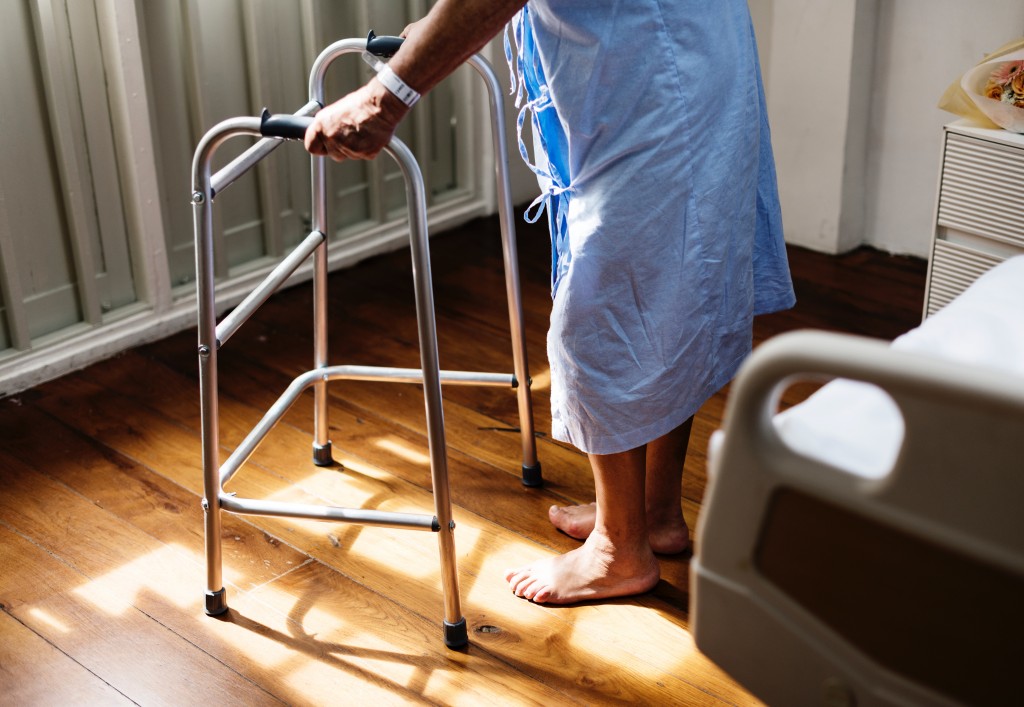 As your loved ones get older, it is often necessary to get them help with their day to day care. Whether this means moving them into a nursing home, or simply bringing people into their home to help with various tasks, it is a critical part of their care. While most people providing care for the elderly are truly loving individuals, some take advantage of the vulnerability of those they should be caring for. Unfortunately, elder abuse isn’t always blatantly obvious, so you need to know the signs of this terrible problem.
As your loved ones get older, it is often necessary to get them help with their day to day care. Whether this means moving them into a nursing home, or simply bringing people into their home to help with various tasks, it is a critical part of their care. While most people providing care for the elderly are truly loving individuals, some take advantage of the vulnerability of those they should be caring for. Unfortunately, elder abuse isn’t always blatantly obvious, so you need to know the signs of this terrible problem.
Physical Abuse
One would think that physical abuse would be the easiest to spot, but that is not always the case. The elderly often bruise easier, have more delicate bones, and are more prone to accidents. That being said, any unexplained physical injuries need to have a reasonable explanation. If the person providing care is giving explanations that don’t seem to fit what you know about your loved one, don’t be afraid to investigate further. Make sure to write down every bruise, broken bone, burn, abrasion, pressure mark, or other type of injury so you can track potential patterns. A good care provider will welcome the concern you are providing for your loved one.
Financial Abuse
If the people providing care for your elderly loved one have any type of access to their finances, you need to keep a close eye on all accounts. Financial abuse can be unauthorized use of funds, convincing the elderly to give unreasonable financial tips, selling or stealing of valuable items, and more. All financial activity on your loved one’s accounts should be tracked and justified to not only spot financial abuse when it occurs, but also to help prevent it. If those providing care know that you are watching closely, they are less likely to attempt anything illegal.
Verbal & Emotional Abuse
This is often the most difficult to spot, which is why you need to watch for it immediately. Looking for changes in behavior, depression, apathy, and other things is a good place to start. If your loved one’s mood or behavior changes when their caregiver is in the room, that is another sign of potential abuse. When caregivers attempt to isolate your loved one, or limit how often you can see them, that should be of great concern as well.
Neglect
Hiring a caregiver to help your loved one, whether in their home or at a facility, is a big decision. Sadly, even once that decision has been made, some caregivers fail to meet their obligations. Watching for signs of neglect will not only protect your loved one, but will also help ensure you are getting what you paid for. Signs of neglect can include wearing dirty clothes, unusual weight loss, bedsores, soiled diapers, an unreasonably messy home or room, or lack of medical needs such as medication, hearing aids, and glasses.
What to Do if You Suspect Abuse
If you suspect any type of abuse, you need to act quickly. If your loved one is in immediate danger, don’t hesitate to call the police to come and help with the situation. If the danger isn’t immediate, or you aren’t sure if there is really abuse, work to gather additional evidence. Make more frequent and unannounced visits to your loved ones. Let friends or family know of your concerns so they can watch for signs as well. In some situations, you can even install “nanny cams” in your loved one’s home to look for proof. If you need legal help with this situation, please contact us to speak with an experienced elder care attorney.























